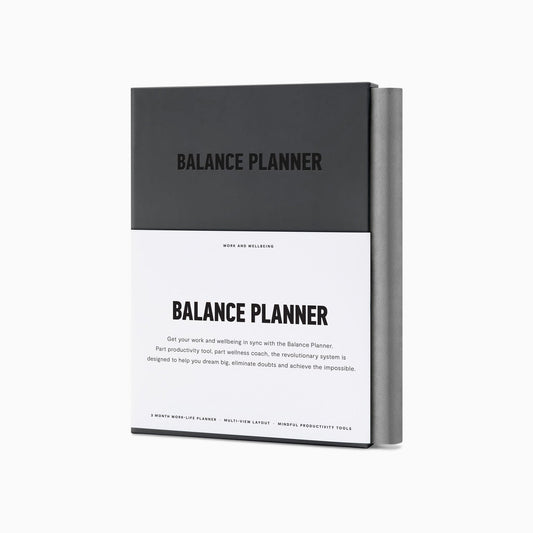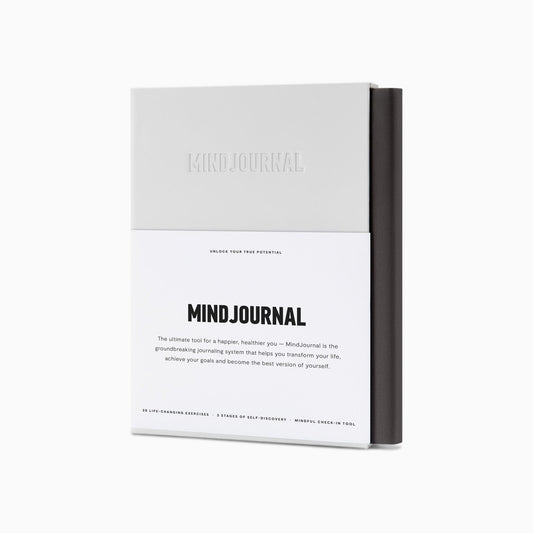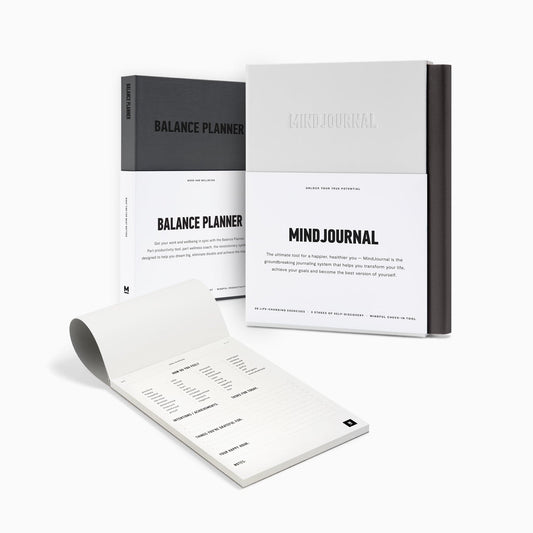Start your journey
Browse our bestsellers for a better you.
Frequently added:




by MindJournal – 4 min read

With lockdown easing and the country opening up once more, many of us are feeling mixed emotions about getting back to 'normal'. On the one hand, the pandemic is still ongoing, and while vaccines are being rolled out, it's impossible to neutralise the threat entirely. On the other hand: pubs are back.
If you're young and fit, it's likely that after over a year of being holed up at home with little to do, you're aching to get back out there and start living life again. Especially if, like everyone else, you completed Netflix long ago and have advanced your banana bread making skills to Michelin star levels.
But, not all of us are so eager to socialise again. According to the mental health charity Mind, the fallout of Covid has put a huge strain on our mental resources, and many of us are now dealing with a mixture of emotions, including anxiety, depression, fear, fatigue, frustration, confusion, distrust and powerlessness.
"It's important to remember that the pandemic is something we've all been through together.
Which is to say, you should go easy on those friends who may be reluctant to meet you for a park bbq or cheeky pint.
"Over the past year, we have become used to very small interactions, either one-on-one or in small socially distanced groups," explains psychologist Niels Eék. "This means that thoughts of large crowds and bigger groups are causing a lot of people to feel anxious about going out."
That said, life will have to return to normal at some point. So here are Eék's tips for helping your friends with coronavirus anxiety to reclaim their confidence.
It's important to remember that the pandemic is something we've all been through together. Being compassionate to your friends is the most important thing you can do for them when they're feeling anxious. By not dismissing their feelings, you open up a dialogue to working through their issues.
"Consider that many people will still be feeling nervous about the spread of infection, especially if they have not yet been vaccinated," Eék advises. "While you may be keen to see friends, be considerate that they may be feeling a little more apprehensive about going out, post-lockdown, than you are."
"To help a friend feel more confident, first try to better understand what it is that has them feeling nervous," suggests Eék. "Lending a sympathetic ear can be the first step to easing their anxieties. Work with them to build up their confidence, and be supportive of, and sensitive to, their needs."
Even if a friend knows that, rationally, things are safer than they have been in a long time, it may take them some time to shake off any health fears of the past year. Instead of pushing them too soon or suggesting they 'just get on with it', Eék suggests a more empathetic approach.
"Often, we may feel frustrated or impatient with friends who are reluctant to come out or join in with activities, but being patient shows an understanding of their nervousness," he says. "When speaking with friends, try not to belittle or undermine their feelings or what they are saying, as this may agitate anxieties and cause them to shut themselves off more. Instead, try to understand their state of mind better, then offer support. Remember that they are your friend, and they need your support while they are feeling vulnerable."

Once you've discussed their concerns, you can work on finding something to do together, perhaps taking inspiration from the activities you've previously shared.
"Try to suggest something that will not agitate feelings of unease," says Eék. "If your friend is nervous about larger groups, suggest meeting one-to-one, somewhere that is not too busy. Though you may not get back into your old morning routine of attending spin classes and going on morning jogs together straight away, showing your friend support will go a long way in boosting their confidence."
Diving straight into big group meetings is not only against current government regulations, but also ill-advised. Push your friend to do too much too soon, and their anxiety will skyrocket.
"Your friend may not have seen another person for quite a while, meaning that face-to-face interactions may feel strange or even slightly difficult for them," Eék says. "To avoid frustration, try having a trial run. Meeting locally to reduce any unnecessary travel, taking a short walk around the block and having a chat can be a great way to alleviate any nerves or feelings of anxiety. Follow up with a one-on-one chat, perhaps on the phone, to discuss how they are feeling, as well as giving them the opportunity to discuss what did and didn't work for them."
Many of us learned a new appreciation of nature during lockdown. With indoor venues closed, getting out into parks, forests and other green spaces became one of few things we could safely do. It turns out, there's no reason to stop going out into nature now.
"Exercising regularly and being in nature is a great way to boost wellbeing and increase feelings of positivity," says Eék. "While some friends may still be yearning for the comfort of solitude and staying indoors, as the weather starts to warm up, why not suggest a socially distanced walk? This offers a low pressure, social scenario with less risk of transmission and could be the first step to helping your friend feel a little less anxious. It could also offer an opportunity to talk further with them about what is worrying them most, enabling you to reassure them."
Though heading back out into the world may be exciting for some, the idea can be extremely stressful for others. If you think a friend might be struggling to readjust, try to talk to them without judgement, genuinely listening to their concerns and without dismissing their fears. Perhaps suggest you meet up one-on-one either in a relaxing green space or to do something you both previously enjoyed, like going for a run. Take it slow, and over time they should feel more comfortable and confident about getting back out there.
